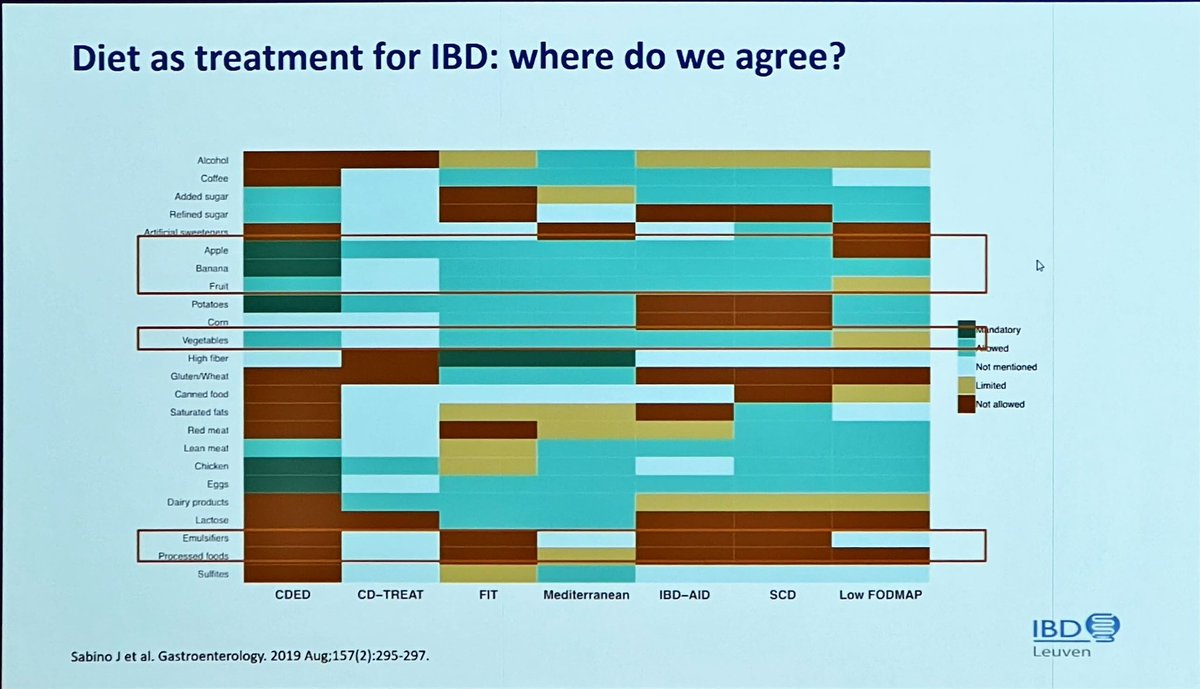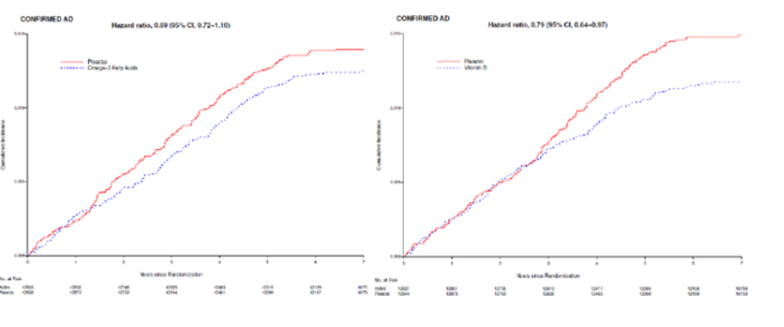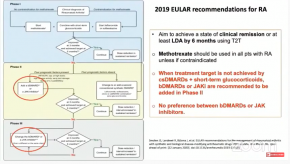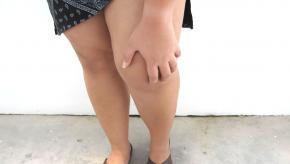All News
RNL 2022: Rheumatoid Arthritis - Best Management
This week's Tuesday Night Rheumatology, hosted by Dr. Jack Cush, featured highlights from the 2022 RheumNow Live Rheumatoid Arthritis - Best Management Pod, followed by a lively audience Q & A. Lectures featured:
Read ArticleLack of Research Stymies Uptake of Medical Marijuana for Rheumatic Pain
A new review article from CreakyJoints finds that there has been limited progress in understanding the potential of cannabis based therapies for the treatment of pain associated with rheumatic conditions in the past five years because of a lack of standardization of clinical research and barriers to conducting research due to existing federal and state regulations.
Read Article$30 Billion and Counting (4.29.2022)
Dr. Jack Cush reviews the news and journal reports and takes viewer questions this week.
Read ArticleFaith in Exercise Benefit Boosts Actual Benefit in SpA
Patients with axial spondyloarthritis (SpA) got more bang for their exercise buck in a randomized trial when they had good opinions about their workout program, with better persistence with exercise at 1 year relative to a control group, researchers said.
Read ArticleDietary Improvement in Psoriatic Arthritis
The results of the DIETA trial showed that dietary changes may control psoriatic arthritis (PsA) disease activity, independent of weight loss.
Read ArticleRheumNow Live is Coming to Town (3.11.2022)
Dr. Jack Cush reviews the news and journal articles from the past week on RheumNow.com.
Read ArticleVitamin D and the Risk of Autoimmune Diseases
The results of the VITAL study (presented at ACR 2021) are now published by BMJ, showing that vitamin D and omega 3 fatty acids reduce the overall risk of autoimmune disease (AID) in a population based intervention trial.
Read ArticleBest of 2021: Jack of All Subspecialties
It's great to be a rheumatologist, but boy, it's getting harder and harder. You have to be a jack of all trades. You have to be good at cardiovascular disease, osteoporosis, vaccination, inflammatory bowel disease - it just never ends. This and more, as Dr. Cush summarizes more than a dozen journal articles, news reports and questions + cases.
Read ArticleBest of 2021: Tofacitinib Safety Concerns
Dr. Jack Cush reviews and discusses the news and journal reports from the past week on RheumNow.com.
Read ArticleSGLT2 Inhibitors in Type 2 Diabetes Lowers Gout Risk
A recent study of drugs used in type 2 diabetes (T2DM) shows that SGLT2 inhibitors have a lower risk for gout compared with those receiving DPP4 inhibitors.
Read ArticleGenes and Obesity Tied to Higher Gout Risk in Women
Excess adiposity and genetic predisposition both contributed to risk of gout among U.S. women, with the risks being highest when both factors are present, a large prospective study found.
Read ArticleTelehealth Diet and Exercise Benefits Knee Osteoarthritis
Annals of Internal Medicine has reported the results of a randomized clinical trial showing that telehealth-delivered exercise and diet programs improved pain and function in knee osteoarthritis patients who were overweight. While both were beneficial, exercise had a greater effect than die
Read ArticleThe Influence of Obesity on Choice of Biologic in Rheumatoid Arthritis
In rheumatoid arthritis we have a wide range of options available to us when we progress to a biologic treatment option. We have little to differentiate between these agents based on the clinical trials.
Read ArticleRheumNow Podcast - ACR 2021 Rehash (the good stuff..)
The ACR 2021 meeting has concluded. Dr. Jack Cush recounts a few more great abstracts from this past week’s virtual meeting.
Read ArticleRA: Cardiovascular Risk Stratification and Potential Predictors of Risk
Early cardiovascular disease assessment and management is critical at diagnosis in patients with Rheumatoid Arthritis (RA).
Read Article

Links:

Links:

Links:
Dr. John Cush RheumNow ( View Tweet)

Links:














